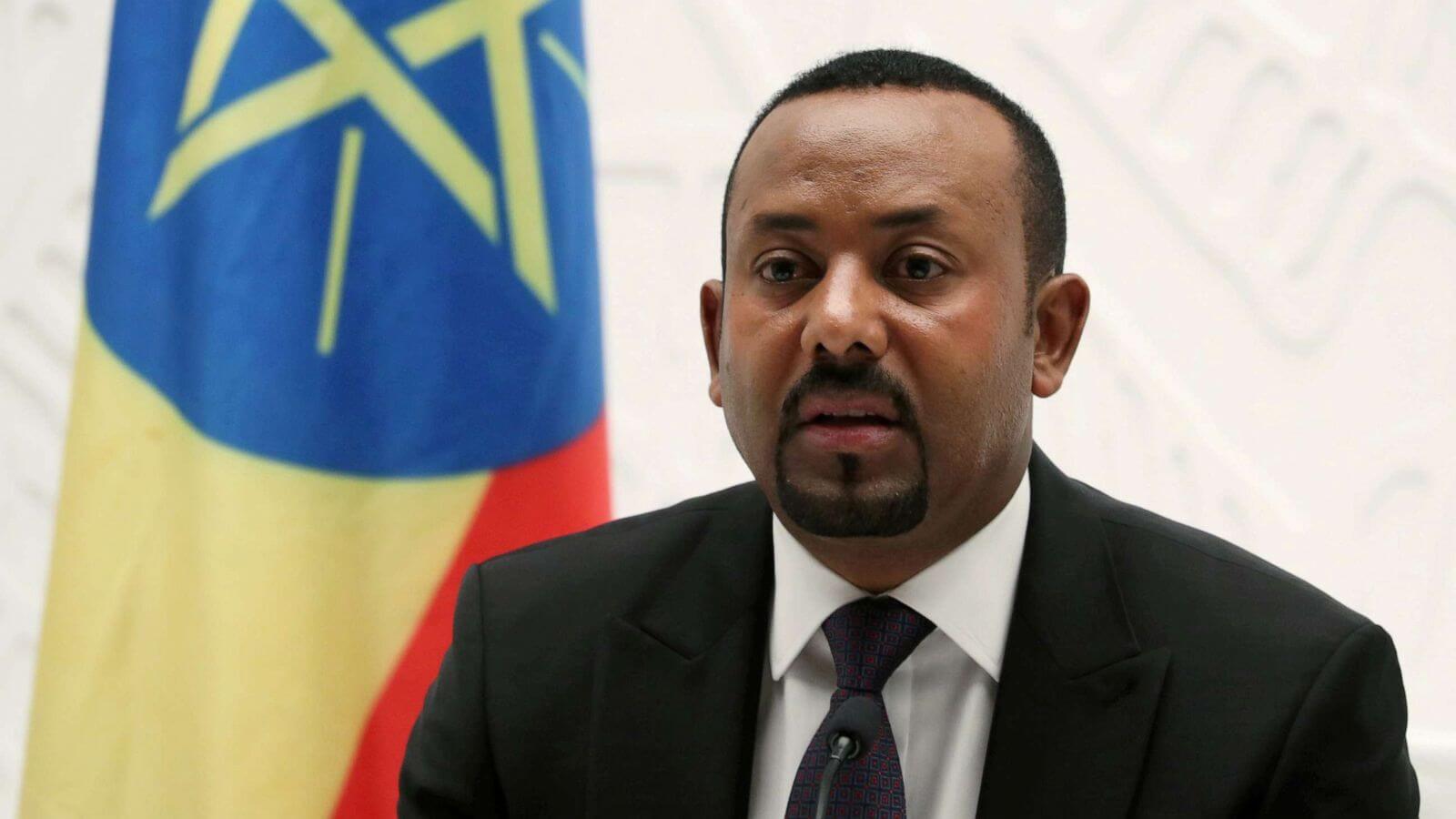For the first time in almost two years since the eruption of a brutal civil war, Ethiopian President Abiy Ahmed announced the formation of a committee to oversee peace talks with the Tigray People’s Liberation Front (TPLF) rebels.
“Regarding the peace, a committee has been established [to] study how we will conduct talks” with the rebels, Abiy said during a parliamentary question and answer session on Tuesday. He added that the committee will be headed by Deputy PM and Foreign Minister Demeke Mekonnen and have 10 to 15 days to establish the terms of the negotiations.
Abiy’s announcement comes over two months after the TPLF agreed to a “cessation of hostilities” and indicated that they are willing to negotiate a peace deal. The rebels had urged Abiy’s government “to go beyond empty promises and take concrete steps to facilitate unfettered humanitarian access to Tigray.”
#tigray #tigrayfamine
— Eugen Tomiuc (@Etomiuc) June 14, 2022
"Regarding the peace ... a committee has been established and it will study how we will conduct talks," Abiy told parliament, the first time he has publicly referred to the body. (Reuters)
In this respect, the PM said that conducting negotiations is not a simple matter and that a lot of work has to be put in before talks begin. He added that the committee was formed for this very purpose and expressed hope that the body will make the task of negotiating much easier for both parties.
Furthermore, dispelling rumours that the government and the rebels are holding secret negotiations, the PM said peace is not something that should be hidden. “We are saying we want peace; doesn’t mean we are going to do secret negotiations. Secret negotiations have no substance,” he remarked.
#Ethiopian Prime Minister @AbiyAhmedAli in November 2020 launched a war against Tigray; after committing atrocities, #CrimesAgainstHumanity and #TigrayGenocide is now calling for peace while Tigray is still under Siege.
— Goodluck 全能神的僕人 (@RealHauleGluck) June 15, 2022
👉🏽#EndTigrayFamine must start first before DIALOGUE.
TPLF Chairman Debretsion Gebremichael, too, stressed that have been no secretive talks. “We are not prepared to make secret deals or bargain away our principles for material inducements,” he said. Regarding the formation of a committee, Gebremichael said that the TPLF is willing to participate in “credible, impartial and principled” negotiations and promised to send a delegation.
An Ethiopian official told The East African that “peace talks will start in about two weeks and there will be a team of five representatives from each party in the talks.” The official said that the negotiations would focus on the details of a post-peace deal security arrangement and whether the TPLF would remain armed. Other burning issues, including the exchange of prisoners of war and facilitating access to humanitarian goods into Tigray, will be discussed at length.
This is also the first time both parties have agreed to come to the negotiating table and unanimously expressed a desire to end the war. Previous steps at ending the conflict were unilateral in nature and the opposing faction refused to accept the terms of any proposal. For instance, in March, Ethiopia declared a ceasefire to allow the entry of humanitarian aid into war-ravaged Tigray. However, the TPLF refused to cooperate with the ceasefire and continued to blame Addis Abada for committing atrocities.
Ethiopia has been in the middle of a severe humanitarian and political crisis since November 2020, when Abiy ordered a military response to an attack on a federal army camp in Tigray by the TPLF, which was declared a “terrorist” organisation by the Ethiopian parliament last year. The fighting quickly boiled over into a full-scale armed invasion by Ethiopian troops, who partnered with Eritrean soldiers in their operation.
Over the last few months, the tide has shifted in favour of Ethiopian forces, who have recaptured territories from the rebels and forced them to withdraw to Tigray. In fact, the TPLF was threatening to invade Addis Ababa in November and topple Abiy’s government. According to reports, the sudden reversal of fortunes was a result of military support extended to Ethiopia by Iran, Turkey, and the United Arab Emirates.
The conflict in Tigray has killed tens of thousands of people, displaced over two million, and witnessed grave human rights violations, including mass killings, rapes, and deliberate starvation. Both the Ethiopian government and the TPLF have been accused of committing atrocities.

